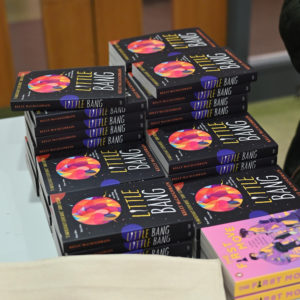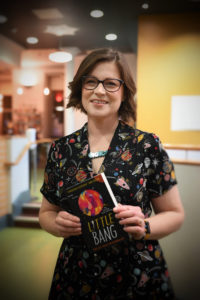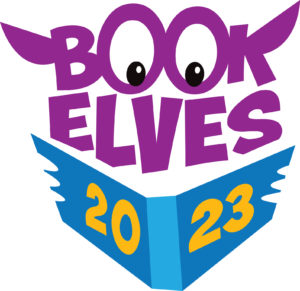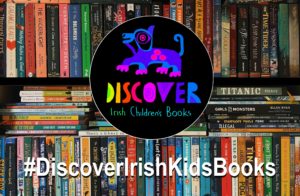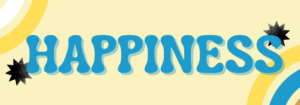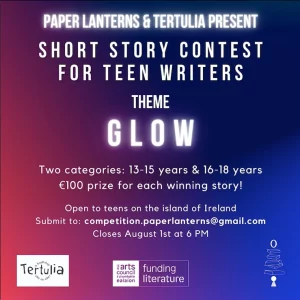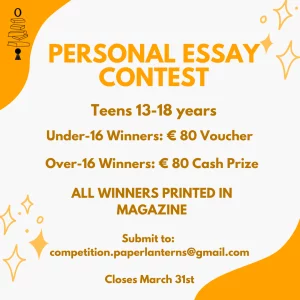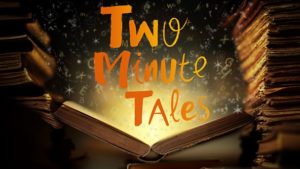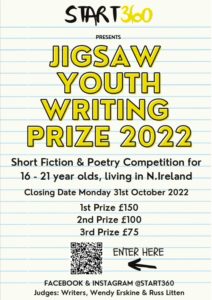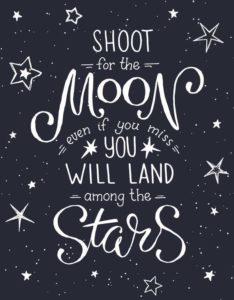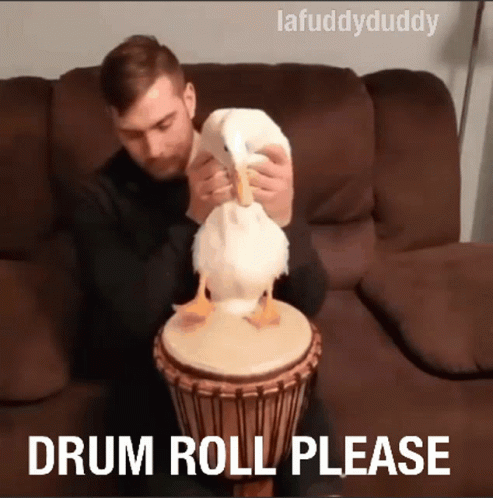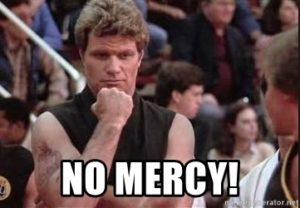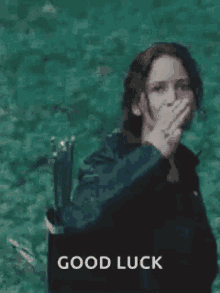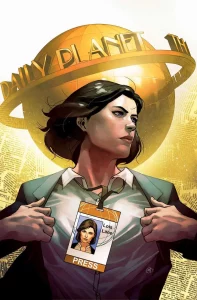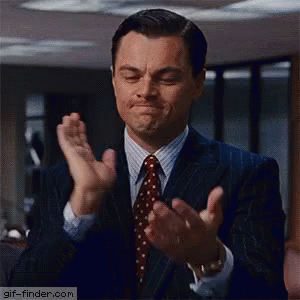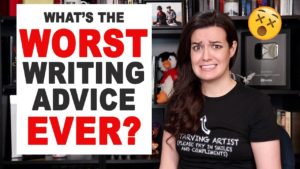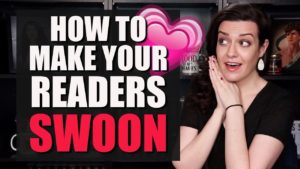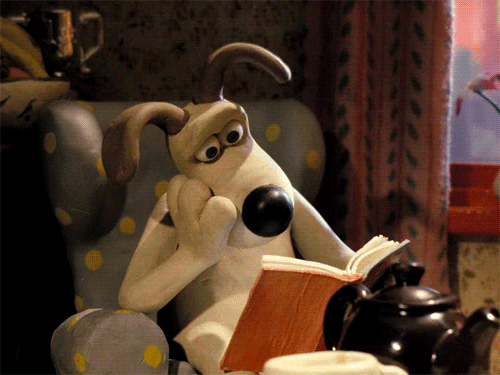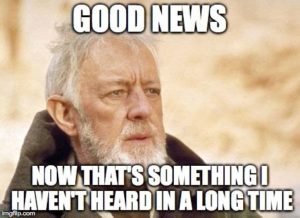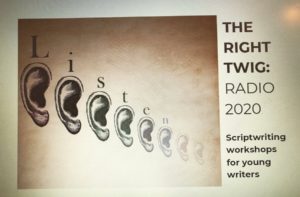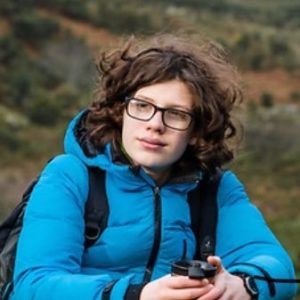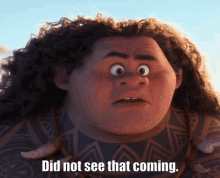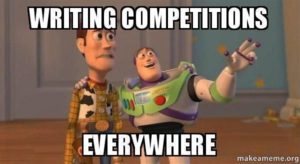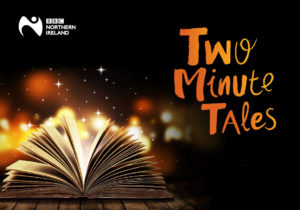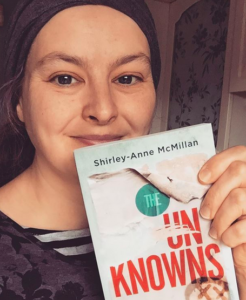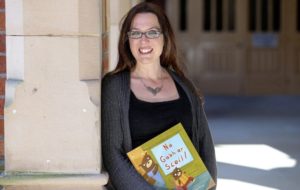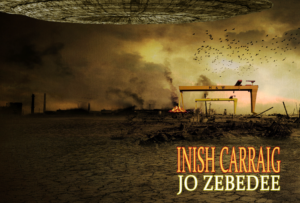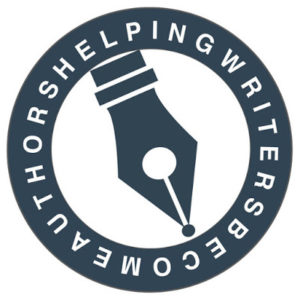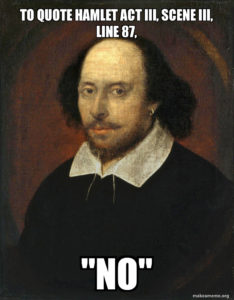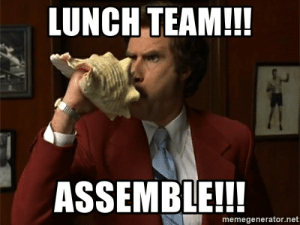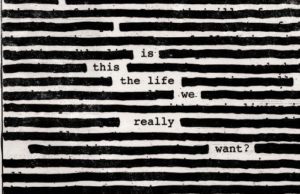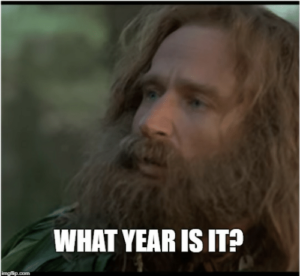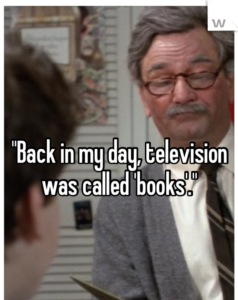At Write Club we find that most of the time our teen writers want to come up with their own ideas and that they’re much more passionate about those ideas (and take them much further) than any that come from writing prompts and exercises. I find it much more beneficial to give a writer 5 minutes of quiet time to think of an idea than to give them a bunch of prompts.
However.
Prompts have their uses. Some writers love prompts. And sometimes you’re just feeling a bit stuck with a project and you want something new and low-stakes to tinker with. Sometimes you’re too tired from a whole day at school to think of an idea. Sometimes you want a springboard to launch an idea you already have. I’ve written whole novels in response to prompts. So we always have a few prompts at the ready for anyone who wants one.

Where do we find these prompts? Well, one brilliant source that I like to use, is the last line of chapter 1 of the nearest novel to hand. 95% of the time, it’s a cracker.
Why is that? It’s because the end of chapter 1 is very often a springboard into the story. We all know that the ‘inciting incident’ – the event that sets the story in motion – has to happen close to the start of the book. In children’s/YA books especially, this can very often be in chapter 1, because kids do not have time to hang around and wait for it.
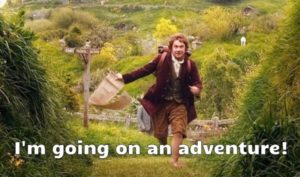
The last line will often be something like a cliffhanger or a hook or something intriguing or mysterious, something that makes you want to read on. They make excellent prompts.

I usually provide 2 or 3 of them to choose from, and the writer can use them however they like. They can turn it into a story, poem, play, song lyrics… They can quote it directly, reword it, or just use it as inspiration for a place or character.
They also have the added benefit of maybe encouraging your writers to go and read that book, so I always make sure they know which book the line came from.
Try it, grab a few books and check out the last line of chapter 1. I guarantee you’ll find several that will make good prompts. And in the meantime, here are some good ones I’ve found recently.
A whoop-whoop sound startles us, and blue lights flash in the rearview mirror. (The Hate You Give by Angie Thomas)
I had the strangest feeling something or someone was waiting for me, right here at Knockmore. (Knock Back by Pauline Burgess)
I got all the answers wrong. (Not my Problem by Ciara Smyth)
I know this is going to sound strange, but would you mind being my girlfriend for the next five minutes? (Nick and Norah’s Infinite Playlist by Rachel Cohn and David Levithan)
You see, the what ifs are as boundless as the stars. (Maggot Moon by Sally Gardner)
His name was P.T. Barnum, and he’d been looking for a mermaid. (The Mermaid by Christina Henry)
It’s quite rare to find someone who sees the same world you see. (Turtles all the way down by John Green)
Four hands were immediately laid upon me, and I was borne upstairs. (Jane Eyre by Charlotte Bronte)
Covered in blood, with his neck bent at a horribly wrong angle and his eyes wide open, staring at nothing. (Two Can Keep a Secret by Karen M McManus)
FREDDIE IS BACK FROM FRANCE AND I THINK TONIGHT IS THE NIGHT! (Lobsters by Tom Ellen and Lucy Ivison)
And then the first drops of rain began to fall. (The View on the Way Down by Rebecca Wait)
I’m still spitting up bits of sausage when I hear the loud rap at the door. (Taking Flight by Sheena Wilkinson)
But the noise is everywhere. (Are We All Lemmings and Snowflakes? by Holly Bourne)
All he’s heard are the rumours, stories, the speculation, and the swiftly lost words of whispered secrets, about the island where people have started to live forever. (Midwinterblood by Marcus Sedgwick)
Her second birth was the day the Watcher took her as its host. (Eliza and Her Monsters by Francesca Zappia)
One more’ll make no difference. (The Watch House by Bernie McGill)
In other news, my new YA novel, Little Bang, was published this month by Walker Books and we had a fabulous launch party at The Crescent Arts Centre. You can find out more about the novel here!
